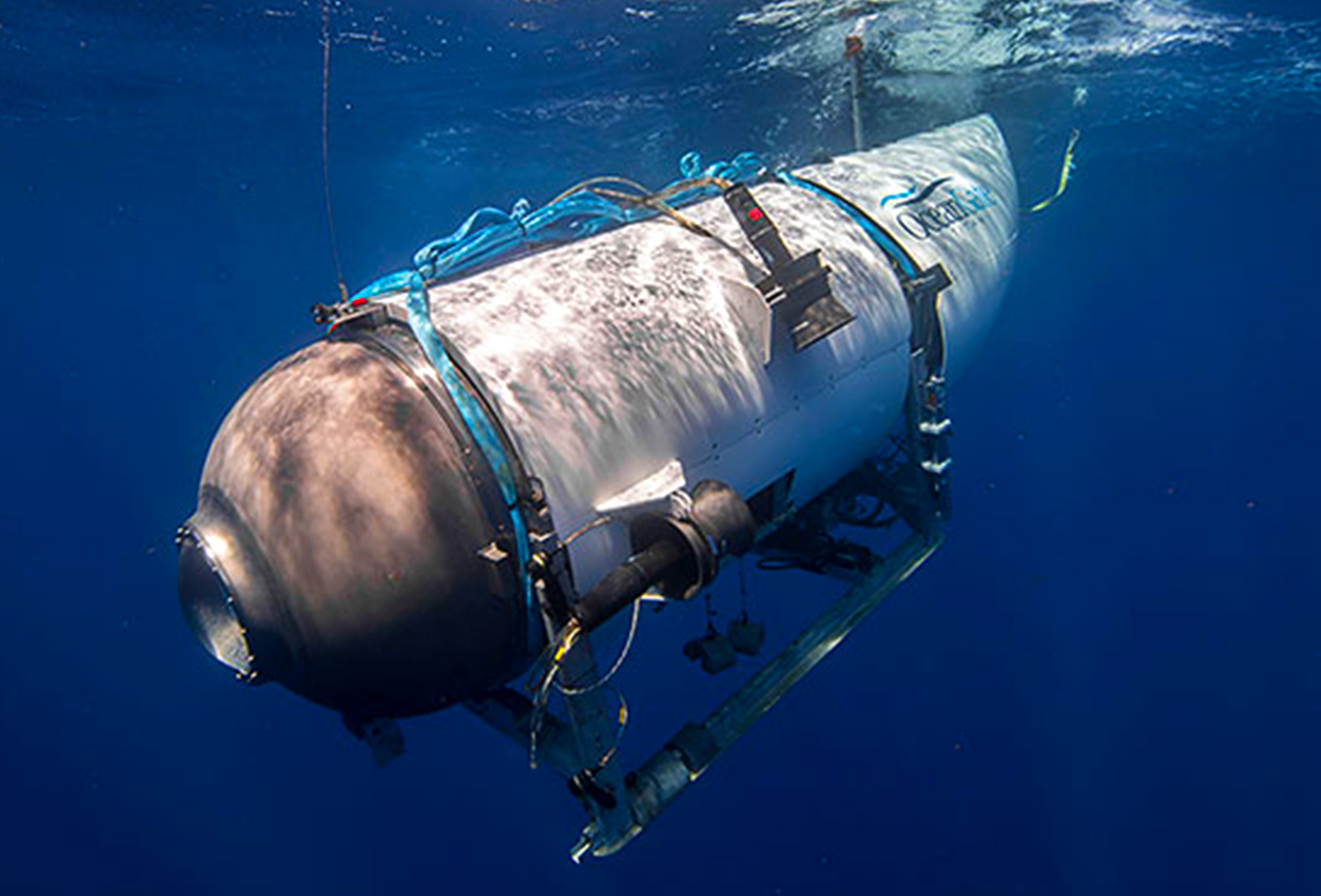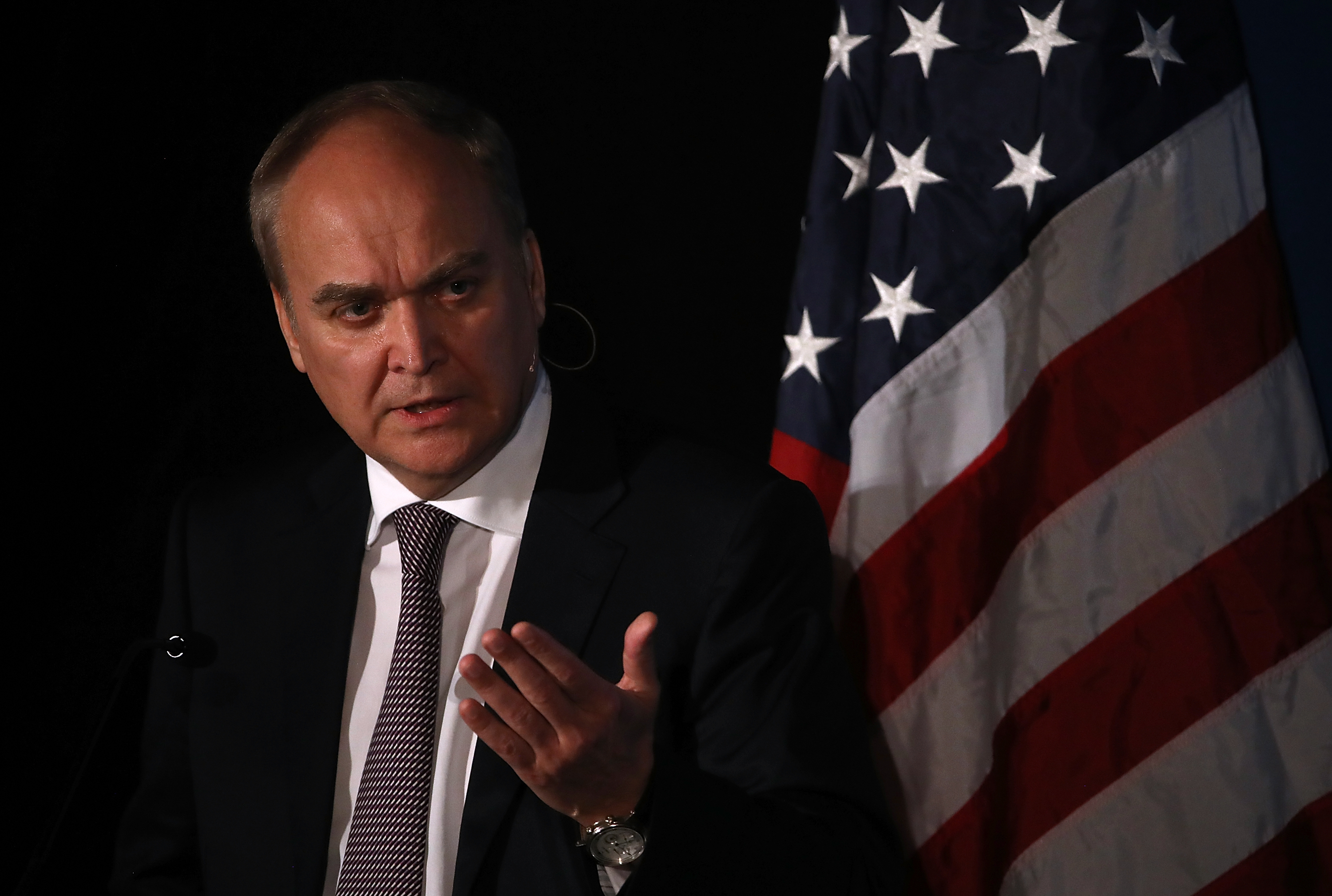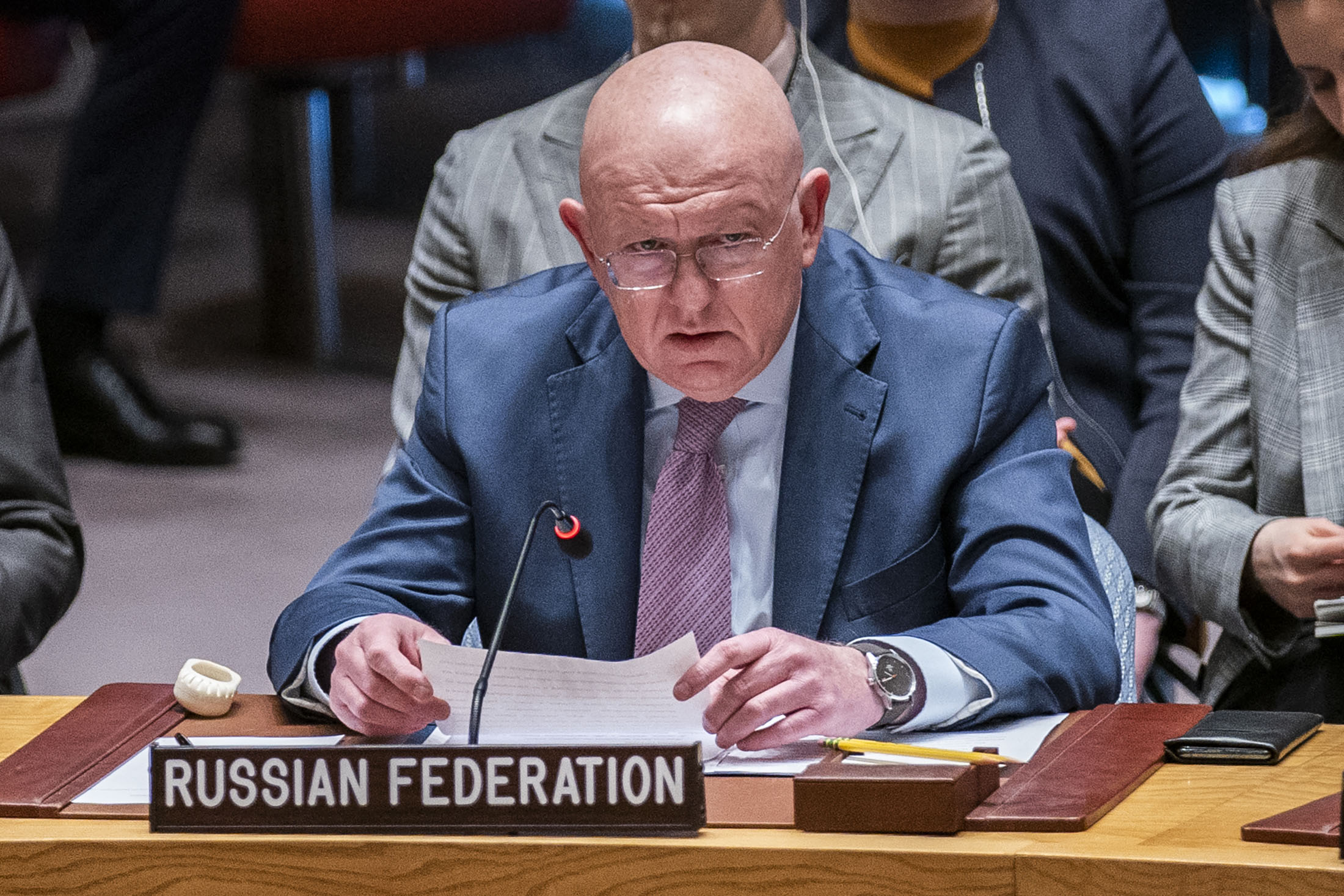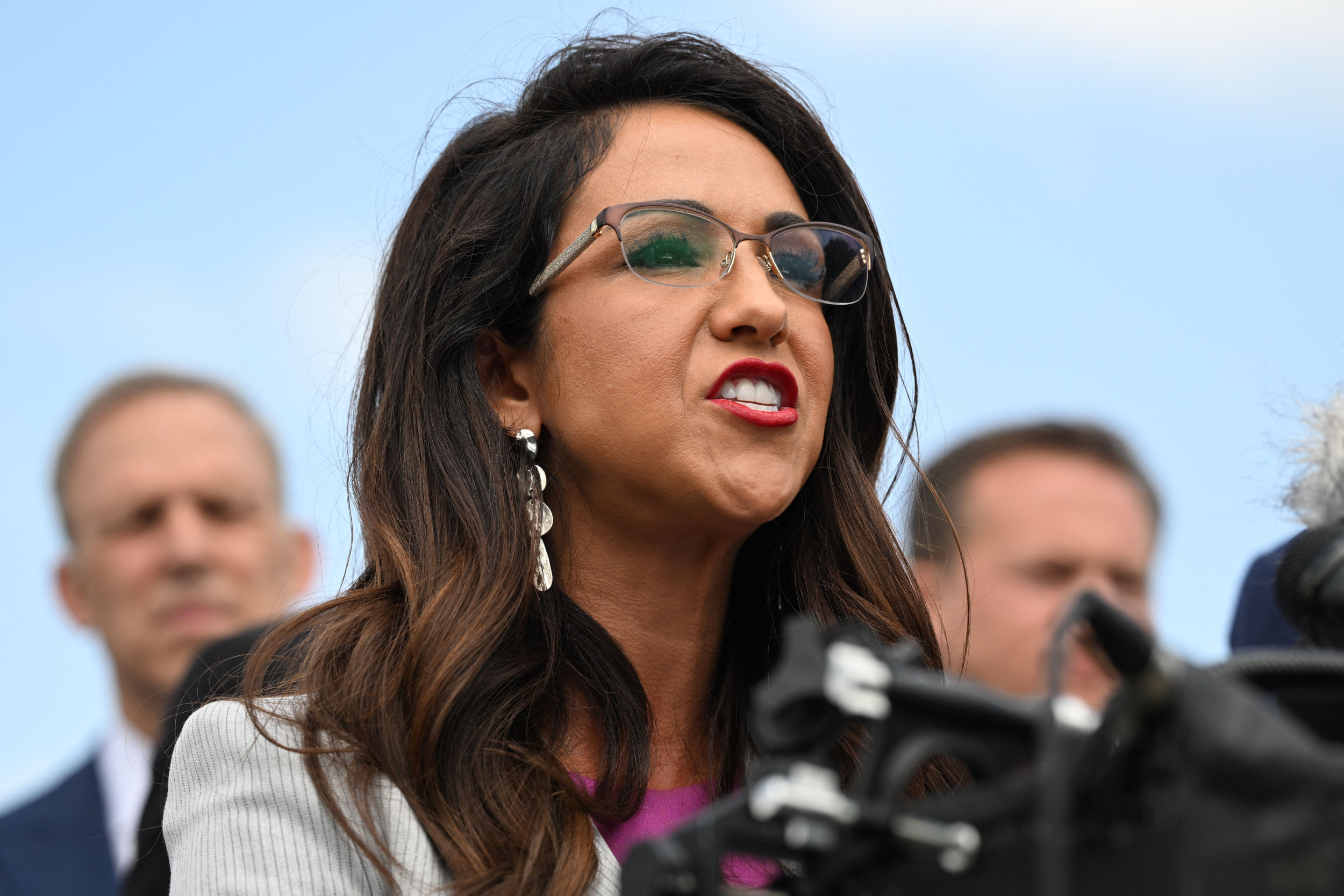The Wagner Group of Russian mercenaries is forming military police units for occupied territories of Ukraine, according to a report by the Russian independent media outlet Vyorstka.
The report said Wagner has posted job ads on the Russian social networking site VKontakte offering employment for former employees of Russian law enforcement agencies. According to Meduza, another independent investigative outlet, one job ad sought former police officers "who have experience in operations and detentions and who are capable of functioning as commanders."
The ad included a note that said the open positions would be related to the "special military operation," the phrase used by the Kremlin to refer to the war in Ukraine. Vyorstka journalists contacted Wagner recruiters, who reportedly said the open jobs are for "military police" units in occupied parts of Ukraine.
The new military police role for the mercenary group comes as Yevgeny Prigozhin, the head of Wagner, has escalated his public feud with Russian Defense Minister Sergei Shoigu.

After Russia's formal military suffered multiple setbacks on the battlefields of Ukraine, Prigozhin's paramilitary outfit helped Russian President Vladimir Putin score victories in the war with victories like the seizure of Soledar in Ukraine's Donetsk region. Wagner also became a driving force in Russia's attempt to gain control of Bakhmut.
All the while, Prigozhin publicly chastised Russia's military leaders in frequent messages posted on Telegram. Shoigu has been the target of some of his fiercest scorn, and on Thursday Prigozhin accused the defense minister of lying to Putin about Russia's "colossal" battlefield failures.
Guy McCardle, managing editor of Special Operations Forces Report (SOFREP), told Newsweek that when Prigozhin announced in May that his Wagner troops would be withdrawing from Bakhmut, he said the organization would "receive new tasks" after regrouping.
"This must be one of those tasks he was talking about," McCardle said.
"I think Prigozhin is likely losing favor with the Kremlin as he has also recently been quoted as saying that Russian military leaders 'sit like fat cats' working out of luxury offices while his fighters are dying in the field in Ukraine," McCardle added. "He also went as far as claiming that the Russian Defense Ministry laid mines along the exit routes of Bakhmut to sabotage their withdrawal. That kind of talk can't be making Putin happy."
Meduza noted that Russia's Defense Ministry already has military police in place in Ukraine. Among the tasks of these units is ensuring law and order in Russia's military ranks.
Vyorstka wrote that a Wagner recruiter told one of its journalists that the new military police units affiliated with the mercenary group will "make sure that everyone follows company rules" and "see that there are no thieves or marauders, no beatings, drunkenness, etc."
The recruiter reportedly added that the Wagner police officers would monitor service members with Russia's Defense Ministry, who, the man said, "drink like swine."
"Of course..interrogations, operational investigations" would also be part of the work, the recruiter also said, according to Vyorstka.
George Mason University Schar School of Policy and Government professor Mark N. Katz told Newsweek that if the report about the military police units is accurate, then perhaps Wagner is gaining influence rather than losing it.
"According to the report, Wagner is recruiting police officers to work as military police—not to serve as ordinary fighters (or cannon fodder) like the prisoners Wagner has recruited," Katz said in an email. "This suggests that Wagner now has an enforcer role similar to that of the regular state security forces and police which traditionally have this role."
Katz continued, "However unpopular Prigozhin might be with the Russian Defense Ministry and other state agencies, Putin is clearly not reining him in but appears to be giving him more authority."
Newsweek reached out to Russia's Ministry of Foreign Affairs via email for comment.








